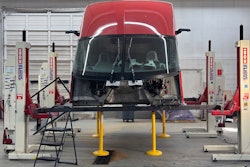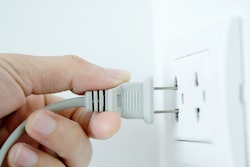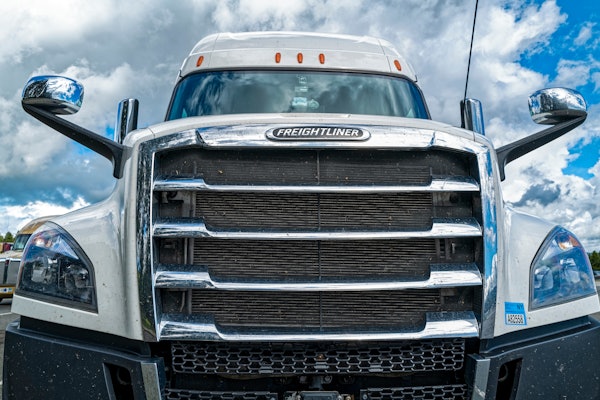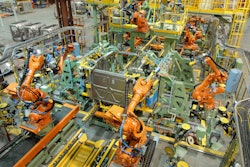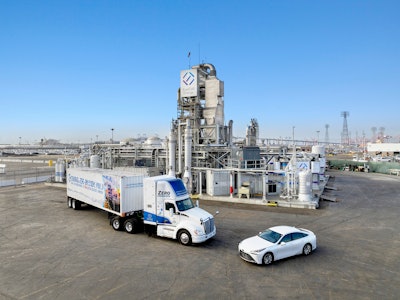
FuelCell Energy and Toyota Motor North America have completed of the first-of-its-kind “Tri-gen system” at Toyota’s Port of Long Beach operations. Owned and operated by FuelCell Energy, the Tri-gen system produces renewable electricity, renewable hydrogen and water from directed biogas.
FuelCell Energy has contracted with Toyota to supply the products of Tri-gen under a 20-year purchase agreement.
Tri-gen will enable Toyota Logistic Services (TLS) Long Beach to be the company’s first port vehicle processing facility in the world powered by onsite-generated, 100% renewable energy.
“Renewable hydrogen is an important fuel for the future of the Port of Long Beach and the shipping industry,” said Port of Long Beach CEO Mario Cordero. “The renewable hydrogen generated by the Tri-gen system that Toyota commissioned, and similar projects, is part of our multi-strategy approach to help fuel the transition of equipment like locomotives, harbor craft, cargo-handling equipment and trucks to zero emissions.”
FuelCell Energy’s fuel cell technology will support Toyota’s operations at the port through an electrochemical process that converts directed renewable biogas into electricity, hydrogen and usable water with a highly efficient, combustion-free process that emits virtually no air pollutants.
Tri-gen produces 2.3-megawatts of renewable electricity, part of which will be off-taken by TLS Long Beach to support its operations at the port, which processes approximately 200,000 new Toyota and Lexus vehicles annually.
The FuelCell Energy Tri-gen system can produce up to 1,200 kg/day of hydrogen which will provide for TLS Long Beach’s fueling needs for its incoming light-duty fuel cell electric vehicle (FCEV) Mirai, while also supplying hydrogen to the nearby heavy-duty hydrogen refueling station to support TLS logistics and drayage operations at the port. Hydrogen production can be ramped up and down based on needs/requirements.
Water – 1,400 gallons of it – will be co-produced per day from Tri-gen’s hydrogen production process and will be used by TLS Long Beach for car wash operations for vehicles that come into port prior to customer delivery. This will help decrease the use of constrained local water supplies by approximately half a million gallons per year.
By supporting TLS operations at the Port of Long Beach, Tri-gen’s carbon neutral products are expected to reduce more than 9,000 tons of CO₂ emission from the power grid each year.
Tri-gen will also help to avoid more than six tons of grid NOx emissions, which are harmful to both people and the environment, and has the potential to reduce diesel consumption by more than 420,000 gallons per year by using hydrogen-powered fuel cell trucks in port operations.
Additionally, excess electricity not used by TLS will be delivered to the local utility, Southern California Edison, under the California Bioenergy Market Adjustment Tariff (BioMAT) program, adding a renewable, resilient, and affordable baseload electric generation resource to the electric grid.



